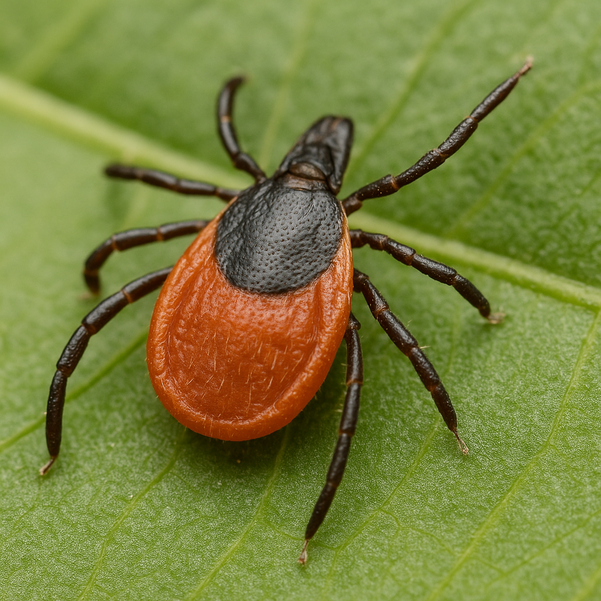In the Press...
TAPinto Holmdel & Colts Neck article on Smith's TICK Act'Rep. Chris Smith Pushes Forward TICK Act to Fight Rising Lyme Disease Cases'By Jeanne Wall NEW JERSEY — Rep. Chris Smith has led the effort to bring more attention and funding for Lyme Disease patients and treatment in Congress since 1998. With Lyme disease surging across the country and New Jersey among the states hit hardest, Rep. Chris Smith (R-NJ) has reintroduced the bipartisan TICK Act, a measure designed to strengthen federal support for research, prevention, and treatment of tick-borne illnesses. The bill—Ticks: Identify, Control, Knockout Act—is sponsored in the House by Smith along with Reps. Lloyd Doggett (D-TX), Thomas Kean, Jr. (R-NJ), and Paul Tonko (D-NY). Sen. Susan Collins (R-ME) is leading the effort in the Senate. The legislation calls for $10 million to fund regional Centers of Excellence where public health professionals would expand research and training, and another $20 million for grants to states most at risk to improve prevention efforts and local response. “Lyme and other tick-borne diseases are exploding in the United States, particularly in my home state of New Jersey, where the CDC recorded over 7,000 new cases in 2023 alone,” Smith said, noting his role as co-chair of the House Lyme Disease Caucus. “The federal government can and must continue to support research into surveillance, treatments, and ultimately a cure for this debilitating disease.”
Rep. Kean underscored the impact on families. “No one should have to live with the constant worry of vector-borne diseases like Lyme disease, which affect thousands of Americans each year and pose serious threats to their health and well-being,” he said. New Jersey continues to be one of the nation’s hotspots. CDC data shows more than 7,400 confirmed and probable cases were reported in 2023, with Monmouth, Ocean, Sussex, and Morris counties ranking among the most affected. Experts cite warmer weather, deer populations, and suburban growth as driving factors behind the increase, which is no longer confined to wooded trails but extends into residential backyards and community parks. Smith has been a longtime advocate of the issue, first taking it up in the early 1990s. His efforts have led to multiple laws and amendments addressing tick-borne illness, including the creation of the CDC’s first National Public Health Strategy to Prevent and Control Vector-Borne Diseases in People, launched in February 2024. The initiative was the first coordinated federal plan aimed at diseases such as Lyme and anaplasmosis. “This legislation funds vital research into treatment and prevention of tick bites and enables states to better cooperate with the federal government to control outbreaks,” Smith said. “I am hopeful we can get this bill across the finish line and secure this critical funding.” Nearly half a million Americans may be diagnosed and treated for Lyme disease each year, according to the CDC. Public health officials stress that stronger prevention, better diagnostics, and more effective treatments are urgently needed. Lyme disease, spread by infected blacklegged ticks, can cause lasting and debilitating effects on human health. Early symptoms often include fever, fatigue, headaches, and a distinctive bull’s-eye rash, but if untreated, the illness may progress to severe joint pain, neurological problems such as facial paralysis and memory issues, and even heart complications. Many patients continue to struggle with chronic fatigue, muscle aches, and cognitive difficulties long after treatment, impacting their ability to work, study, and maintain daily routines. Beyond the physical toll, Lyme disease often leads to anxiety, depression, and social challenges, making it both a medical and public health concern that requires ongoing research, awareness, and prevention efforts. For communities in New Jersey and beyond, the TICK Act represents a renewed national effort to respond to what many see as a growing epidemic. |



